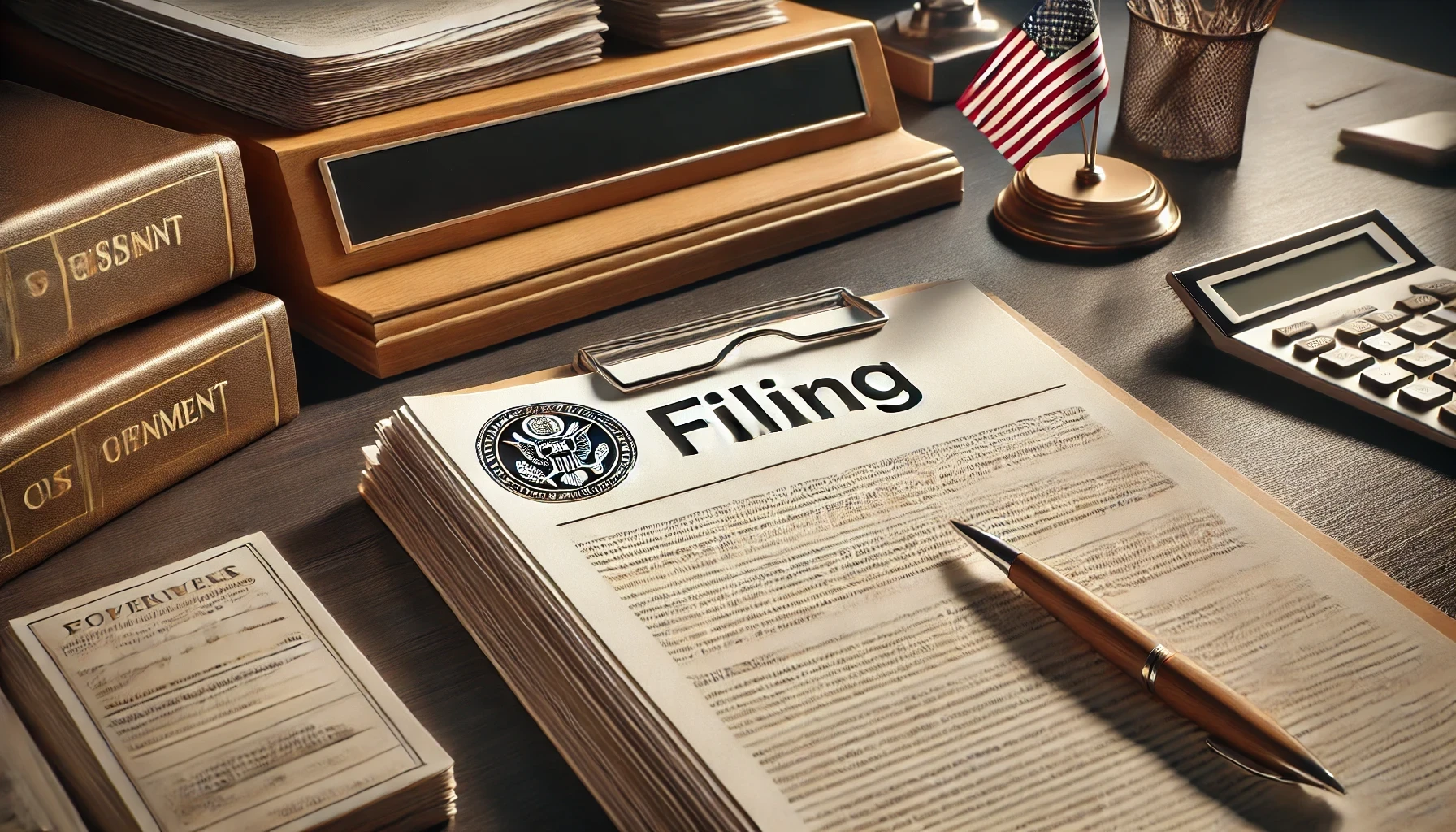
President-elect Donald Trump’s transition team is exploring the establishment of a dedicated White House role for cryptocurrency policy, a first for the U.S. government, as discussions with industry leaders intensify.
Key Points
- There is a push for the new crypto role to have direct access to President Trump.
- The transition team is vetting candidates, including former executives from significant crypto firms.
- Challenges persist from existing regulatory frameworks that view the crypto sector as risky for retail investors.
Proposed White House Crypto Role
The transition team of President-elect Donald Trump is actively considering the formation of a unique role within the White House focused specifically on cryptocurrency policy. This would mark a historic first, positioning the administration to engage more directly with the rapidly evolving digital asset landscape. According to Bloomberg, the team is currently engaged in discussions with various industry stakeholders, evaluating individuals who could fill this pivotal position.
This prospective role is envisioned to streamline communication between the White House and significant regulatory bodies, such as the Securities and Exchange Commission (SEC) and the Commodity Futures Trading Commission (CFTC). A representative from the Trump transition team has not provided comments on the specifics of this initiative, but it is apparent that the intention is to establish a framework that enhances the government’s understanding and regulation of cryptocurrencies.
Industry Advocacy and Direct Influence
Advocates within the cryptocurrency industry are urging that the newly created position be designed to report directly to President Trump. This structural approach could provide the cryptocurrency sector with unprecedented access to the highest levels of decision-making within the government. If established, the role would likely involve a small supporting team responsible for coordinating policies across various federal agencies, ensuring that the interests and concerns of the crypto industry are addressed effectively.
The discussions surrounding this potential position indicate an increasing recognition of the importance of cryptocurrencies in the broader economic landscape. The prospect of a “crypto czar” emphasizes the administration’s openness to engaging with influential voices in the industry, thereby allowing advocates to contribute directly to the formulation of policies that affect the sector.
Candidate Vetting Process
Various candidates are reportedly under consideration for this new role, particularly those with significant backgrounds in the cryptocurrency space. Among them, Brian Brooks, the former CEO of Binance.US and previous legal executive at Coinbase, has been cited as a potential fit for leading the SEC in the new administration. His extensive experience within the industry positions him favorably to influence regulatory practices moving forward.
Additionally, the Trump transition team has engaged in discussions with other prominent figures within the crypto community. This includes recent conversations between Trump and Coinbase CEO Brian Armstrong, where broader strategic issues related to cryptocurrency were reportedly addressed. As the transition team evaluates potential hires, the emphasis appears to be on securing individuals who can navigate the complexities of crypto regulation and advocate for a balanced approach to oversight.
Regulatory Challenges Ahead
While the contemplation of a dedicated crypto position within the White House signals a shift in the administration’s stance towards the cryptocurrency sector, it is essential to recognize that considerable challenges remain. Critics of the administration’s proposed initiatives have pointed out the risks associated with loosening regulatory frameworks that govern cryptocurrencies. These include concerns regarding potential fraud and the protection of retail investors who may be vulnerable in an increasingly volatile market.
The regulatory environment surrounding cryptocurrencies has historically been cautious, with many regulators advocating for stringent oversight to mitigate risks. The push for a more crypto-friendly administration could lead to friction between the White House and regulatory bodies, especially if proposed changes are perceived as undermining investor protections.
Ongoing Engagement with the Crypto Sector
Trump’s engagement with the cryptocurrency industry has been evident throughout his campaign and continues post-election. He has pledged to dismiss SEC Chair Gary Gensler, establish a new crypto presidential advisory council, and even consider the creation of a national strategic Bitcoin reserve. These commitments illustrate a clear intent to reshape the federal approach to cryptocurrencies.
Furthermore, recent appointments by Trump include Howard Lutnick, CEO of Cantor Fitzgerald, to lead the U.S. Department of Commerce. While the role of Commerce Secretary does not directly deal with cryptocurrency regulation, Lutnick’s known advocacy for digital assets suggests that his influence could extend into areas affecting the crypto industry.
Networking and Lobbying Efforts
Mar-a-Lago, Trump’s Florida estate, has emerged as a central hub for crypto lobbying efforts as the transition team explores various options. Former executives from crypto firms have participated in closed-door meetings to discuss potential appointments and regulatory strategies. This dynamic underscores the active interest of cryptocurrency executives in shaping the future landscape of digital asset regulation.
The potential for collaboration between the incoming administration and crypto industry leaders could lay the foundation for new policies that support innovation while addressing regulatory concerns. The recent discussions involving figures like Brian Brooks and Jesse Powell, CEO of Kraken, highlight the ongoing efforts to ensure that the voices of industry advocates are heard during this pivotal transition.
Broader Implications for the Crypto Industry
The consideration of a dedicated crypto role within the White House reflects a significant shift in how cryptocurrencies are viewed within the context of U.S. governance. As the administration navigates the complexities of digital asset regulation, a proactive approach involving industry insights could foster an environment conducive to growth and innovation. The crypto industry, long viewed with skepticism by some regulatory entities, may find itself with a more favorable ally in the forthcoming administration, providing it with an opportunity to influence future policies comprehensively.
Disclaimer: All information provided on this website is for informational purposes only and should not be construed as financial or investment advice. We do not guarantee the accuracy, completeness, or timeliness of the information, and we are not responsible for any financial decisions you may make based on this information. Cryptocurrencies are highly volatile assets, and any investment in them carries a high level of risk.
More Like This

Ark Invest Sells $3.9 Million In Coinbase Shares

HBAR May Get ETF Approval Before Solana or XRP Does
*AI technology may have been used to develop this story and publish it as quickly as possible.

